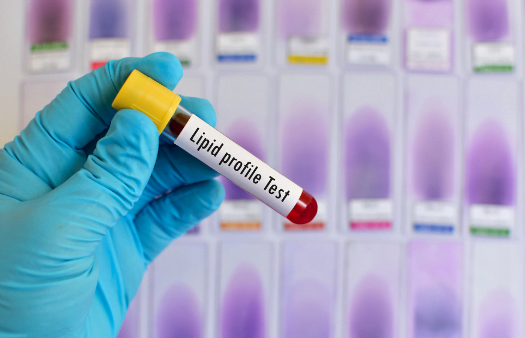Cardiovascular Enzyme Testing in Veterinary Safety Studies
In the realm of veterinary safety studies, cardiovascular enzyme testing plays a pivotal role in ensuring the efficacy and safety of pharmaceuticals and biologics intended for use in animals. This service is crucial for identifying potential adverse effects that could impact heart function or lipid metabolism before they reach commercialization stages.
The primary focus of this testing involves assessing enzymes such as creatine kinase (CK), lactate dehydrogenase (LDH), and alanine transaminase (ALT) levels in blood samples. These enzymes are indicators of myocardial injury, which can be a critical concern during drug development for cardiovascular diseases or lipid-altering therapies.
Our laboratory adheres to international standards such as ISO 17025 for our proficiency and reliability. The testing process begins with meticulous specimen preparation, ensuring that the sample is free from contamination and accurately represents the subject’s physiological state. Once prepared, the samples undergo rigorous analysis using advanced biochemical assays.
Our team of experts ensures compliance with regulatory guidelines such as FDA and EMA regulations, which are paramount in the approval process for veterinary medications. The results from this testing provide critical insights into potential cardiotoxicity or hepatotoxicity risks, thereby aiding in informed decision-making during clinical trials and post-marketing surveillance.
By leveraging state-of-the-art instrumentation like high-performance liquid chromatography (HPLC) and mass spectrometry (MS), we achieve precise quantification of enzyme levels. This precision is essential for detecting even the slightest changes that could signal a potential risk to animal health.
The significance of this testing extends beyond mere compliance; it represents a cornerstone in safeguarding public and animal health by minimizing the risks associated with veterinary medications. Our comprehensive approach ensures that every aspect of cardiovascular enzyme testing is conducted with the highest level of accuracy and reliability, providing stakeholders with confidence in the safety profile of new treatments.
- Our services are tailored to meet the unique needs of pharmaceutical companies and regulatory bodies involved in preclinical and clinical stages of veterinary drug development.
- We offer detailed reports that include not only quantitative results but also interpretive comments, aiding in the comprehensive understanding of the test outcomes.
- The testing protocol is designed to be flexible, accommodating various sample types such as serum, plasma, or whole blood, ensuring broad applicability across different study designs.
Benefits
Implementing cardiovascular enzyme testing in veterinary safety studies brings numerous benefits to stakeholders involved in the development and approval of new treatments for animals. Primarily, it enhances product safety by identifying potential risks early in the development process. This proactive approach not only protects animal health but also ensures compliance with stringent regulatory standards.
For pharmaceutical companies, this service translates into reduced risk during clinical trials and post-marketing surveillance. Early detection of adverse effects can lead to more efficient drug development processes, potentially saving time and resources. Additionally, it fosters a reputation for quality and reliability, which is crucial in maintaining trust with regulatory authorities.
From the perspective of compliance officers and R&D engineers, cardiovascular enzyme testing provides invaluable data that can influence clinical trial design and patient selection criteria. This information is essential for optimizing study protocols and ensuring that only safe and effective treatments are advanced to market.
The service also contributes significantly to the ethical conduct of animal research by ensuring that only safe compounds proceed through further stages of development. This commitment aligns with broader regulatory trends towards more humane and efficient preclinical testing practices.
Eurolab Advantages
At Eurolab, we pride ourselves on offering a comprehensive suite of services that go beyond mere compliance. Our expertise in cardiovascular enzyme testing is rooted in years of experience and cutting-edge technology. Here are some key advantages our clients enjoy:
- Comprehensive Testing Capabilities: We offer a full range of tests to cover all aspects of cardiovascular health, ensuring no detail is overlooked.
- International Standards Compliance: Our laboratory adheres strictly to international standards such as ISO 17025 and FDA guidelines, guaranteeing the highest level of reliability and accuracy in our results.
- Advanced Instrumentation: Utilizing state-of-the-art equipment like HPLC and MS ensures precise measurements and reliable data.
- Expertise and Experience: Our team comprises seasoned professionals with deep knowledge of cardiovascular research, providing clients with valuable insights beyond just the test results.
- Detailed Reporting: In addition to quantitative results, our reports include detailed interpretive comments, enhancing the value of each testing outcome.





